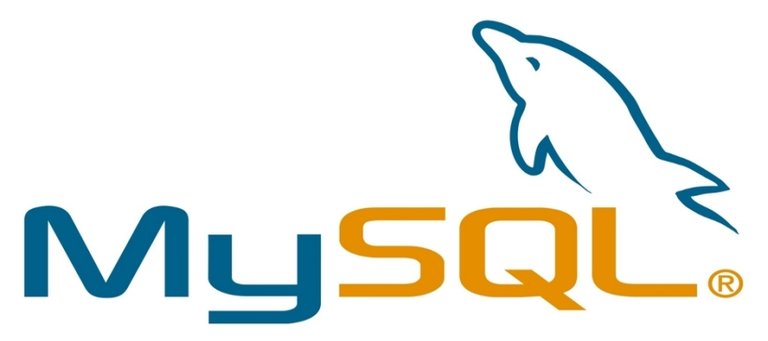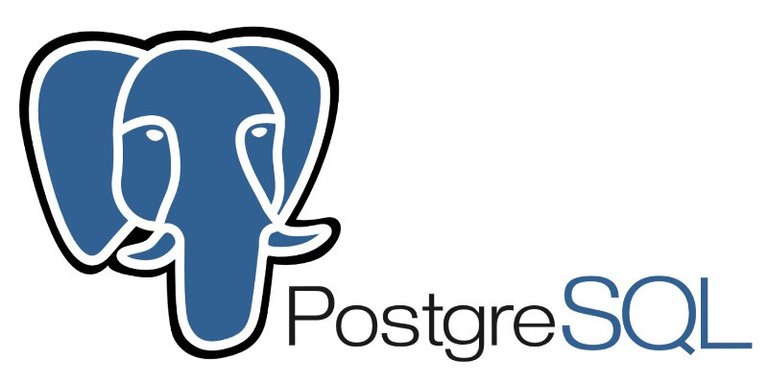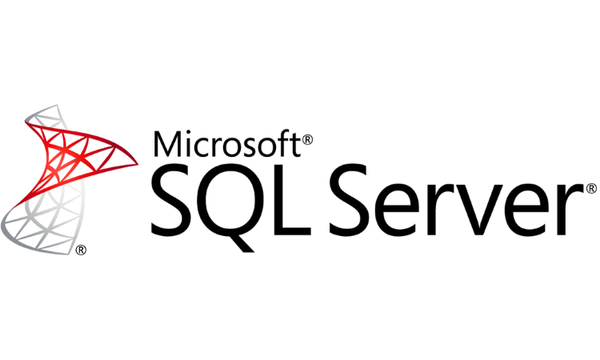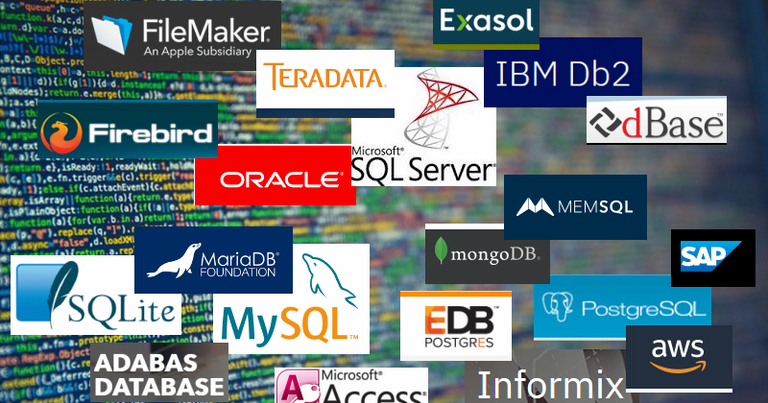Today's focus is on the four popular RDBMSes, two of which must be purchased for use in a production environment, and two of which do nothing t have to be purchased with the urge to call them "FREE", as their usual cost of these softwares is only part of the cost of running a database server.
MySQL

Starting with the version 1.0 in 1995 and with the release of version 5.0 in 2005, MySQL has become an extremely popular open source database system. The set of features grows drastically with each new release, and it's competitiveness with commercial databases continues to increase. It releases are now actively managed by the company MySQ AB, which is based near Stockholm, Sweden.
New releases now come in Standard (free) and Pro ($$) versions, which give people further flexibility in choosing how to manage their databases and software investments.
In addition to supporting ANSI SQL, the MySQL databases now support a remarkable number of features, including wide platform support (most Unix-like platforms, Windows, and Mac OS X), transactions, stored procedures (version 5.0 and later), replication, and clustering.
PostgreSQL

Another major open source database management system is PostgreSQL, a free system that originated in the mid-1980's. Since then, it has grown into world-class DBMS used all over the world. Even the database is "free," there are organisations from which you can purchase support and bug-fixing contracts.
Sometimes overshadowed by MySQL, PostgreSQL has an active advocacy community around it that touts features such as performance, generous BSD-style licensing, and strong compliance with existing standards for database servers.
Postgre supports, in addition to ANSI SQL, replication, stored procedures, secure connection mechanisms, transactions, and excellent tool support as well as platform support including most Unix-like platforms and Microsoft Windows.
3. Oracle Database

The premier commercial DBMS available today remains Oracle Database. The database server supports a number of platforms, including LINUX, Windows, and SUN Microsystem's Solaris, and can be quite expensive (although you can download the software for free on the Oracle.com website www.oracle.com but you just cannot use it in a production environment).
However, the performance and feature set of this database are widely regarded as unparalleled, and many major dat-centric applications use this server for their data needs. Features include rich extensions to the SQL language (called PL/SQL) and all other standard database goodies like transactions, clustering, replication, stored procedures, and excellent integration with most tools. Oracle database is also one of the more complex database sysyems available. Database administration can be quite intimidating to new users.
4. Microsoft SQL Server

Microsoft, the great tech company, also has an offering in the database world and that is SQL Server. While it only runs on Windows-based machines, Microsoft has put a lot of energy and effort into making it's performance competitive with the other systems available, including Oracle, and pricing has made it an attractive alternative.
Being tightly integrated with Windows operating system has let Microsoft work hard at making this server easier to use than any other systems.
Other servers.

It is unfortunate that we only have the space to focus on a limited number of database servers only because PHP supports a wide variety of them. Many of the other serversavailable are quite feature-rich and worth using, such as Firebird (open source), IBM's DB2, the FrontBase server for Apple's Mac OS X, and Ingres, from Computer Associates.
Fortunately, the APIs (Application Programming Interface) for these databases are remarkably consistent, so the cost of experimenting with them should be manageable low.

Source
Plagiarism is the copying & pasting of others work without giving credit to the original author or artist. Plagiarized posts are considered spam.
Spam is discouraged by the community, and may result in action from the cheetah bot.
More information and tips on sharing content.
If you believe this comment is in error, please contact us in #disputes on Discord
You are crazy! You flagged my posts because I resteemed a pliagiarised post that I had no idea it had been pliagiarised. LOL. You had better do sum about it. This is a disgrace. Please do something now??? @steemcleaners please behave!